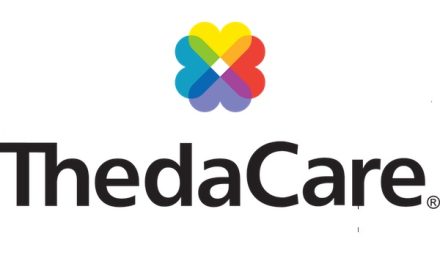
It’s time to stop the growth of Medicare and Medicaid improper payments
By Wendell Elms, CEO MedicFP
On May 24th Congress held a hearing about the rising number of improper payments in the Medicare and Medicaid programs. Members of the House oversight panel discussed concerns about increasing improper payment rates identified by federal oversight groups including the Government Accountability Office (GAO) and the Health and Human Services Office of the Inspector General (HHS-OIG). The hearing’s key testimony came from Dr. Shantung Agrawal, the Director of the Center for Program Integrity, a department of the Centers for Medicare & Medicaid Services (CMS). Dr. Agrawal discussed how CMS and the states were implementing recommendations from the GAO and HHS-OIG to reduce improper payments. Dr. Agrawal also discussed challenges with carrying out program integrity efforts, particularly in the state Medicaid programs.
In 2005, CMS implemented the Medicare Recovery Audit Program, resulting in billions of dollars recovered for the Medicare Trust Fund. The agency has also implemented several other programs to identify and recover improper payments, including the Medicaid Integrity Program, Zone Program Integrity Contracts and a host of others. These programs are large and complex efforts, and while they have had some success, the improper payment rate for Medicare and Medicaid continues to grow.
It’s time that we stop letting our precious tax dollars fly out the door. CMS and state Medicaid agencies should focus their efforts on preventing improper payments, not on identifying and recovering them after the fact. The way to achieve this is by implementing fraud prevention solutions at the point of care before any medical service is delivered. Technologies are now available that can stop phantom billing (billing for services never delivered) and medical identity theft, which account for a large portion of healthcare improper payments. Verifying a Medicare or Medicaid recipient’s identity through biometrics and links to government databases will ensure the appropriate patient is at the point of care to receive medical treatment, equipment or prescriptions, thereby reducing incidences of false billing and identity stealing.
The financial and security industries have been using these advanced identity technologies for years; the healthcare industry must catch up to these other sectors and manage our healthcare dollars more effectively. The Medicare and Medicaid programs need these advanced technologies and processes to reduce the improper payment rate and become more sustainable.





